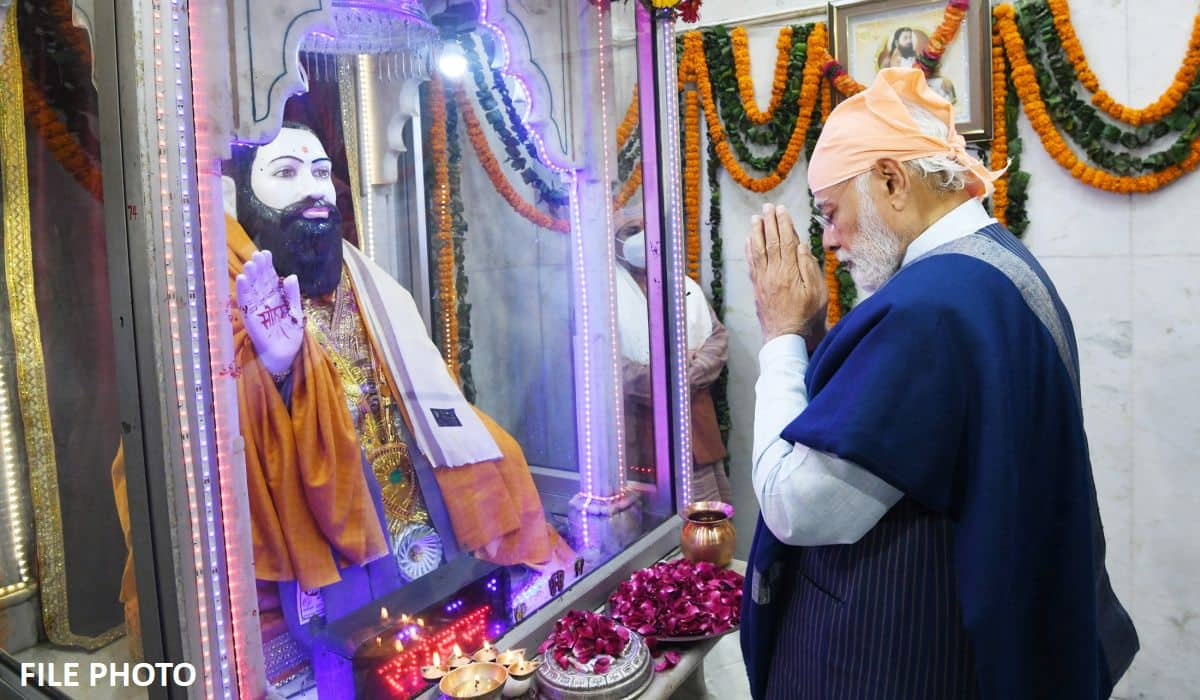In a major step towards transforming vocational education in India, the Union Cabinet chaired by the Prime Minister Shri Narendra Modi has approved the National Scheme for Industrial Training Institute (ITI) Upgradation and the Setting up of five (5) National Centres of Excellence for Skilling as a Centrally Sponsored Scheme.
National Scheme for Industrial Training Institute (ITI) Upgradation and Setting up of five (5) National Centres of Excellence (NCOE) for Skilling will be implemented as a Centrally Sponsored Scheme as per announcement, made under Budget 2024-25 and Budget 2025-26 with outlay of Rs.60,000 crore (Central Share: Rs.30,000 crore, State Share: Rs.20,000 crore and Industry Share: Rs.10,000 crore), with co-financing to the extent of 50% of Central share by the Asian Development Bank and the World Bank, equally.
The scheme will focus on upgradation of 1,000 Government ITIs in hub and spoke arrangement with industry aligned revamped trades (courses) and Capacity Augmentation of five (5) National Skill Training Institutes (NSTIs), including setting up of five National Centres of Excellence for Skilling in these institutes.
The Scheme aims to position existing ITIs as government-owned, industry-managed aspirational institutes of skills, in collaboration with State Governments and industry. Over a five-year period, 20 lakh youth will be skilled through courses that address the human capital needs of industries. The scheme will focus on ensuring alignment between local workforce supply and industry demand, thereby facilitating industries, including MSMEs, in accessing employment-ready workers.
The financial assistance provided under various schemes in the past was suboptimal to meet the full upgradation needs of ITIs, particularly in addressing growing investment requirements for infrastructure upkeep, capacity expansion, and the introduction of capital-intensive, new-age trades. To overcome this, a need-based investment provision has been kept under the proposed scheme, allowing flexibility in fund allocation based on the specific infrastructure, capacity, and trade-related requirements of each institution. For the first time, the scheme seeks to establish deep industry connect in planning and management of ITI upgradation on a sustained basis. The scheme will adopt an industry-led Special Purpose Vehicle (SPV) model for an outcome-driven implementation strategy, making it distinct from previous efforts to improve the ITI ecosystem.
Under the scheme, infrastructure upgradation for improved Training of Trainers (ToT) facilities will be undertaken in five National Skill. Training Institutes (NSTIs), namely Bhubaneswar, Chennai, Hyderabad, Kanpur, and Ludhiana. Additionally, pre-service and in-service training will be provided to 50,000 trainers.
By addressing long-standing challenges in infrastructure, course relevance, employability, and the perception of vocational training, the scheme aims to position ITIs at the forefront to cater to skilled manpower requirement, aligned to the nation’s journey to becoming a global manufacturing and innovation powerhouse. It will create a pipeline of skilled workers aligned with industry demand, thereby addressing skill shortages in high-growth sectors such as electronics, automotive, and renewable energy. In sum, the proposed scheme aligns with the Prime Minister’s vision of Viksit Bharat, with skilling as a key enabler to meet both current and future industry needs.
Background:
Vocational education and training can be an immense driver of economic growth and productivity, as India embarks on its aspirational journey towards a developed nation by 2047. Industrial Training Institutes (ITIs) have been the backbone of vocational education and training in India since the 1950s, operating under State Governments. While ITI network has expanded by nearly 47% since 2014, reaching 14,615 across with 14.40 lakh enrolment, vocational training via ITIs remains less aspirational and have also suffered from lack of systemic interventions to improve their infrastructure, and appeal.
While in the past there have been schemes to support the upgradation of ITIs, it is perhaps, the best time to scale incremental efforts of the last decade through a nationally scalable program for ITI re-imagination with course content and design aligned with industry needs to create a pool of skilled workforce as one of the key enablers to realize the goal of Viksit Bharat.













